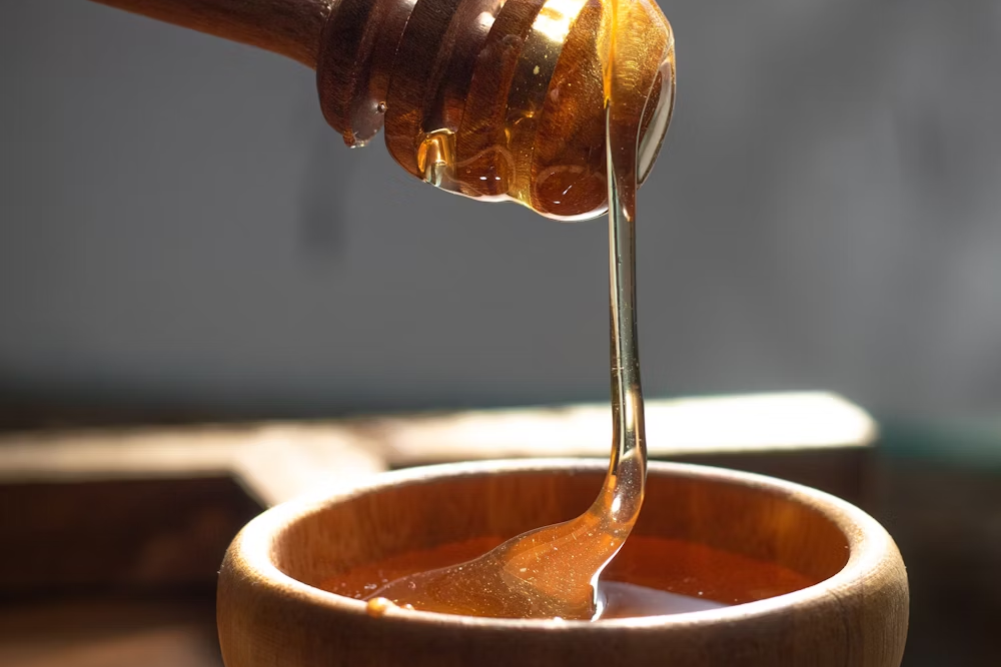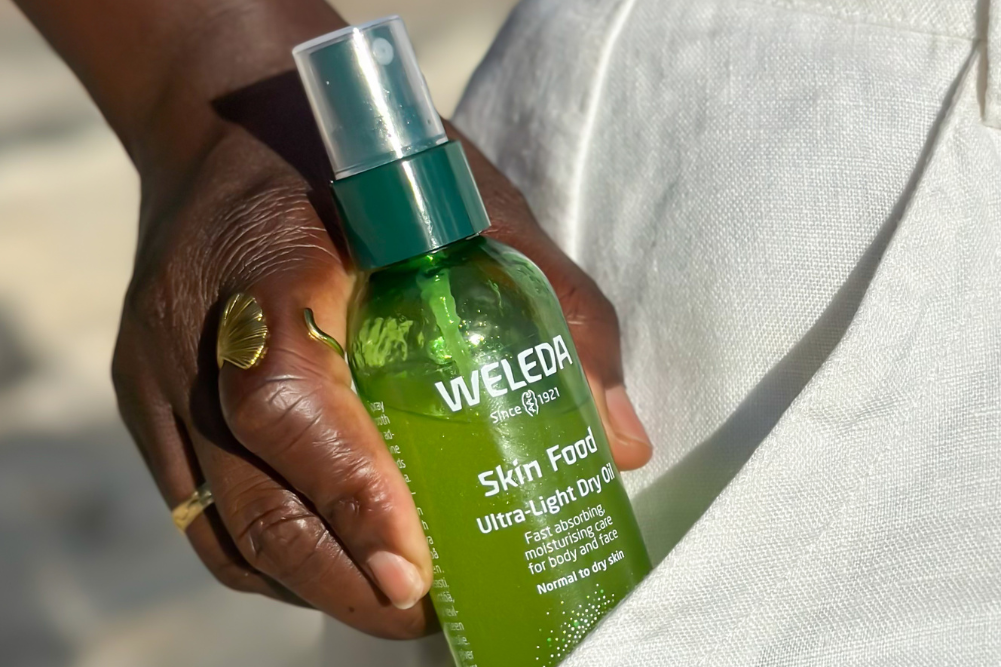A facial rejuvenation treatment that’s better than botox
Natural facial rejuvenation techniques have been around for more than 3000 years, having evolved in China as part of Traditional Chinese Medicine (TCM). The earliest records are from the Western Zhou period, which dates from 1121 to 770 BCE. Acupuncture was incorporated into facial treatments during the Shui dynasty between 581 and 618 AD to enhance the fabled beauty of many of the empresses and royal women of China.
In fact TCM facial rejuvenation is an extensive specialty branch within TCM, requiring specialised knowledge. Anti-ageing treatments involve TCM diagnosis, acupuncture, acupressure massage, Chinese herbal medicine and topical application of Traditional Chinese Medicine creams. One of the best aspects of facial rejuvenation treatments is that your overall health will improve as well as your appearance.
Cosmetic TCM
Cosmetic TCM uses TCM diagnosis and emphasises the use of the tongue and pulse. These diagnostic tools can help determine what is causing your skin imperfections or poor complexion. Skin problems are actually a result of an imbalance in your internal organs. In other words, they are physical signs that you are experiencing a health issue. Facial diagnosis is an ancient Chinese practice used to determine what your future may hold and what health weaknesses you might experience. Your face also reveals what is wrong with your internal organs very clearly to an experienced TCM cosmetic practitioner.
So how does a session of cosmetic acupuncture work? When you first visit a cosmetic acupuncturist, you will be asked a series of questions about your general health and about the areas that are troubling you such as any wrinkles, sagging skin, discolouration, scars, acne, birthmarks, moles, freckles and so on. The practitioner will then take your pulse and look at your tongue before examining your face in some detail. Try to wear as little make-up as possible as this can hinder the diagnosis.
In Chinese facial diagnosis, different areas of the face represent different organs in the body. A marked increase in wrinkles, discolouration or other symptoms in a particular area indicates a dysfunction in that particular organ. Your complexion and colour can also provide insights into your internal health.
Once the practitioner has completed all these diagnostic techniques, he combines them to make a diagnosis. This diagnosis is based on TCM practices and will be a pattern of imbalance in the whole body rather than a “disease” as in Western medical diagnosis. During the treatment, the practitioner will be correcting this imbalance while treating the symptoms that are appearing on your face. By treating your whole body in this way, the cause of the problem is being addressed as well as the symptoms. This helps ensure that the symptoms do not recur and has the other obvious benefit that you feel better and have more energy.
Inside Out
Having made the diagnosis, the practitioner will then prescribe dietary advice, which will help improve your skin. The dietary advice has been developed over thousands of years and is highly effective at improving your overall health and therefore your skin, which is of course a reflection of your health. Chinese herbal medicine may also be prescribed, and possibly creams containing particular Chinese herbs suitable for your skin type and internal diagnosis pattern. Traditionally the herbs to be taken internally were in the form of raw herbs, which were boiled then the drunk as a liquid.
These days, due to time constraints and Westerners’ distaste for their flavour, most traditional formulas are available in pill form. Many practitioners will often take a photo of you at this point so that the results can be compared after the final treatment. This is an excellent idea as it allows you to see the improvements for yourself. Some clinics will even provide you with a copy of the “before” and “after” photos as part of the treatment.
The treatment
The treatment itself will usually begin with a 10- to 15-minute massage. This may involve both hands, the use of a jade roller and Gua Sha (a technique that traditionally involves smoothing the skin with an object such as a ceramic Chinese spoon or piece of jade). The jade roller and Gua Sha are traditional Chinese medicine techniques that have been used for around 2000 years to treat disorders of the skin. Both are very relaxing, as is the massage. The massage is designed to increase the circulation of “qi” (energy) and blood to your face by focusing on specific acupuncture points. At this stage the practitioner is performing the massage as part of the treatment but is also becoming familiar with your face and looking for any blemishes that may have been missed in the earlier diagnosis.
The acupuncture begins after the massage. Facial acupuncture involves using incredibly fine needles of the highest quality. The needles are usually 15 gauge, the smallest currently available. This means that the diameter of each needle is a tiny 0.15 of 1 mm. Most people say they barely feel the needles being inserted. Different needling techniques will be used depending on the condition being treated. In the case of wrinkles, for instance, the needles are inserted underneath the wrinkle and are used to raise the wrinkle through the various levels of skin to the surface. As the wrinkle is raised and becomes harder and harder to see, people generally report corresponding improvements in their health.
Practitioners will choose from a combination of traditional acupuncture points and what are called Ashi points (where the practitioner needles the troubled area). Between five and 20 needles may be used on your face depending on the type and extent of the condition being treated. As well as the facial acupuncture, needles will also be inserted in areas such as your arms and legs. This is to treat the underlying cause of your problems. The needles are left in for 15-30 minutes and most people find this incredibly relaxing. Facial acupuncture often feels stronger than non-facial acupuncture and it is very common for people to fall asleep.
At the end of the allotted time, the needles are removed and a further massage follows using the Gua Shi and jade roller techniques. This helps flatten blemishes and spread the abundant qi flow that has been brought to your face by the acupuncture. At this stage a small, hammer-like instrument called a dermal hammer (which has seven needles embedded in its head) is often employed to further increase the circulation to your face. Depending on the condition you have, you may be asked to take the dermal hammer home with you to use on the problem area. This is a simple procedure anyone can do which will improve your complexion immensely.
Who needs it?
Cosmetic acupuncture is suitable for anyone who wants to take a holistic approach to his or her appearance. By this I mean regarding your appearance as a reflection of your inner health rather than trying to mask the symptoms of poor health with cosmetic procedures.
It’s suitable for both men and women of any age; ideally it’s best to start it in your late twenties and early thirties to minimise the effects of facial aging but any age group will experience benefits from it. It is also particularly suitable for people whose appearance is important to their career as it offers a long-term healthy approach to maintaining and improving that appearance.
Acupuncture face-lifts can treat many symptoms of facial ageing. The most common are wrinkles and creases, sagging or puffy skin, discolouration (particularly around the eyes), malar (cheek) flushes, acne, moles and freckles, birthmarks and scarring. Most people report a tightening sensation of the face after treatment and others often comment on their “glowing complexion”.
A course of treatment usually involves a number of treatments spread out over a few months. Practitioners may ask you to come twice a week for the first couple of weeks to increase the speed of change. After a course of treatments, follow-up sessions may be required from time to time. This is, of course, dependent on the individual and the condition being treated. People with lifestyles that are particularly hazardous to their health such as smokers and people who experience high levels of sun exposure may need more regular treatments.
Not just a pretty face
Acupuncture face-lifts have many benefits compared to the major Western cosmetic procedures. Firstly, there is no recovery time from acupuncture. Secondly, it is a completely natural process from start to finish and doesn’t involve any dangerous chemicals. Thirdly, it does not produce any scar tissue which can block the flow of energy in your channels or meridians and hinder your health. Fourthly, you are treating your whole body’s health rather than just the symptoms of an underlying imbalance. Finally, because it has been tested over thousands of years you will not have to worry about side-effects that are yet to be discovered, as is the case with many newer procedures.
If that isn’t enough, acupuncture face-lifts promise that you will retain full use of all your facial muscles so you can form any facial expression you want.
Cosmetic acupuncture itself has very few side-effects. Very occasionally some slight bruising may occur in the treated area but this will disappear in a day or two. You might also experience some red flushing of the face after a treatment. This is due to the increased blood flow to the face and will fade in half an hour or so. (Note: People who suffer from illnesses such as haemophilia should avoid all forms of acupuncture. Cosmetic acupuncture is not suitable for anyone with a pacemaker or pregnant women, due to the strong movement of energy it causes in the body.)
Due to the amount of time being spent with you and the level of skill required, cosmetic acupuncture is often more expensive than other forms of acupuncture. Prices vary between $120 and $400 per session depending on the skill and experience of the practitioner.
The numbers of practitioners specialising in this field are growing, spurred on by increasing research demonstrating its effectiveness and popularity among the rich and famous overseas as an alternative to surgical procedures. If you care about your overall wellbeing, an acupuncture face-lift is a holistic approach to health, inside and out.
At-home skin treatments
- Avoid stimuli that cause your skin to age, such as cigarette smoke, excessive sunlight, inadequate sleep and high stress.
- Follow your TCM cosmetic practitioner’s advice on what foods are suitable for your individual constitution; choose organic wherever possible.
- If poor self-image is affecting your perception of your appearance, positive visualisation may also help. This will not only benefit your appearance but your overall sense of wellbeing.
- Practise meditation to calm the mind, particularly if stress is a major factor in your condition.
- Qigong and Tai Chi are wonderful practises for relaxing the mind and, if done properly, for strongly circulating qi around the whole body, improving your appearance by improving your overall health.
- Use natural and organic products where possible. Try to avoid products containing sulfates whenever you can.
- Drink plenty of water. Adequate water is very important in Chinese medicine, particularly where red or sore blemishes on the skin are the main cause of concern as it can help eliminate what TCM practitioners call “heat and toxins”. It also helps avoid constipation, which can further contribute to skin blemishes.
- Use natural teas such as green or white teas if you enjoy a hot drink.
- Take regular exercise. Even if Tai Chi or Qi Gong is not for you maintain some form of light exercise program. This will increase the circulation throughout your body including your face.







